The Yates Family
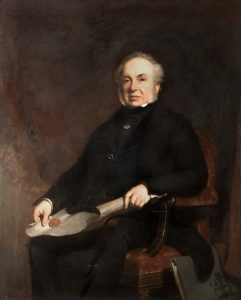
Joseph Brooks Yates 1780-1855, one of Liverpool’s great nineteenth-century philanthropists, was a major slaveholder on his plantations in Jamaica. He was a founding proprietor of the Liverpool Royal Institution and was instrumental in the establishment of a number of other important Liverpool learned societies. Yates was also one of the founders of the Southern and Toxteth Hospital. Although he was a prominent Unitarian, a number of whom were amongst Liverpool’s few eighteenth-century abolitionists, his religious beliefs did not prevent him from investing in plantations. He received more than £43,000 in compensation when slavery was abolished in 1834, for the 2,287 enslaved people that he owned. Yates was a great antiquarian and bibliophile, who used his considerable wealth to purchase many rare books. Joseph lived at West Dingle (pictured below) and when he died in 1855 was interred at the Ancient Chapel of Toxteth, that still stands on Park Road.
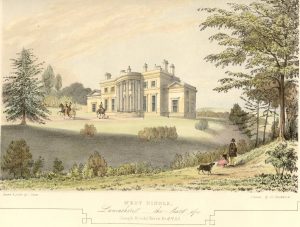
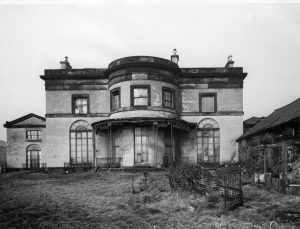
His brother, Richard Vaughan Yates was the founder of Princes Park and made an unsuccessful claim for compensation in Trinidad, for enslaved people he had an interest in. Vaughan Yates employed the great 19th century landscapist, Joseph Paxton, to design the park. Many of Liverpool’s most important eighteenth and nineteenth-century philanthropists made their fortunes through slavery and the slave trade.
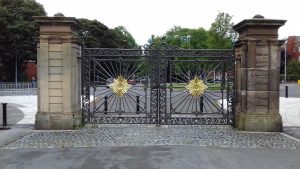
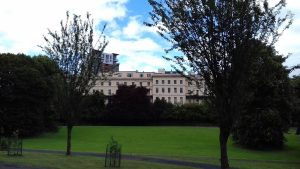
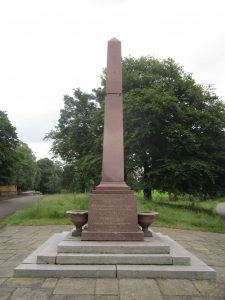
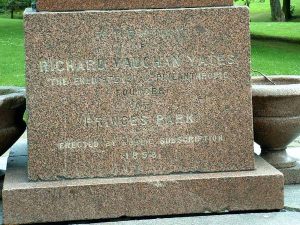
Joseph Brooks Yates and Richard Vaughan Yates were investors in the Royal Institution and had one share each. Family members, John Ashton Yates, Pemberton Heywood Yates and Reverend John Yates were also investors and owned one share each.